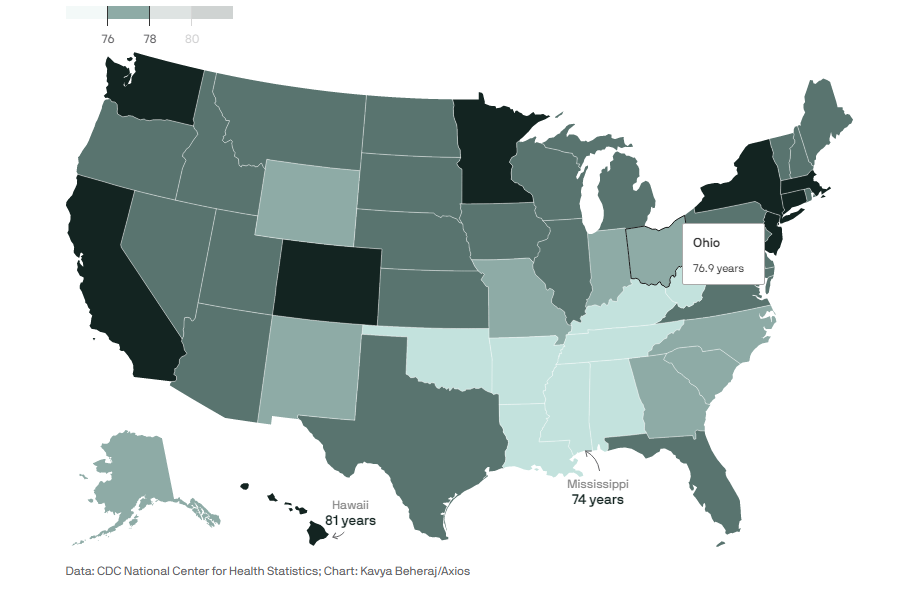The Ohio Senate passed a bill this week that would expand medical cannabis conditions to migraines, autism spectrum disorder, opioid use disorder and any condition that could “reasonably be expected to be relieved” from the drug (Source: “Ohio Senate passes bill expanding medical marijuana to any patient whose symptoms ‘may reasonably be expected to be relieved’ by drug,” Cleveland.com, Dec. 15).
Senate Bill 261 passed 26 to 5. It now heads to the Ohio House.
In addition to broadly expanding medical conditions, the bill would change other aspects of the Ohio medical marijuana program. The bill would expand the forms of medical marijuana that can be legally sold to include pills, capsules and suppositories, oral pouches, oral strips, oral or topical sprays, salves and inhalers. Smoking marijuana would still be prohibited but vaping would continue to be allowed.
The Health Policy Institute of Ohio recently released a brief, Alcohol, Tobacco and Health: Implications for Future Cannabis Policy, that lays the groundwork for future cannabis policy discussions by applying lessons learned from tobacco and alcohol policy to upcoming decisions about recreational cannabis legalization.
Click here to read original article published on Ohio Health Policy News





















